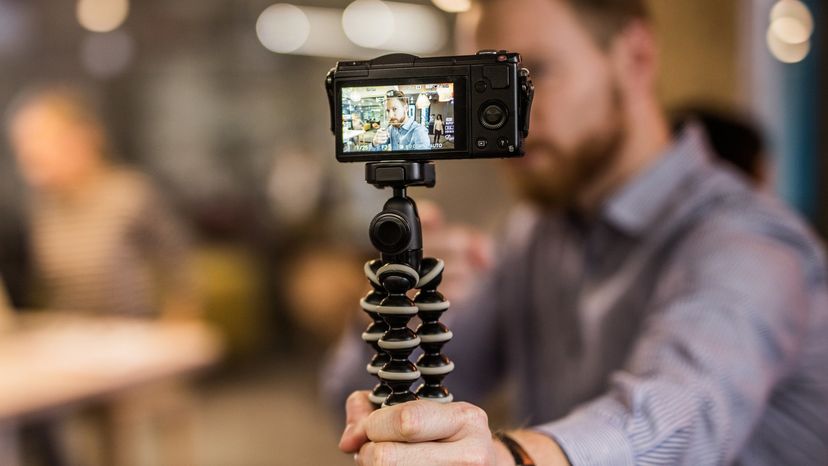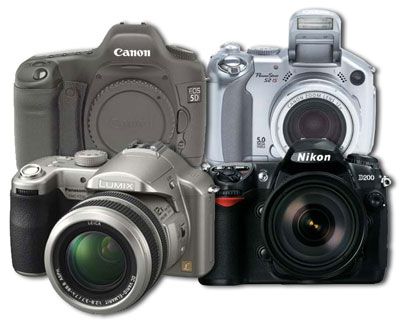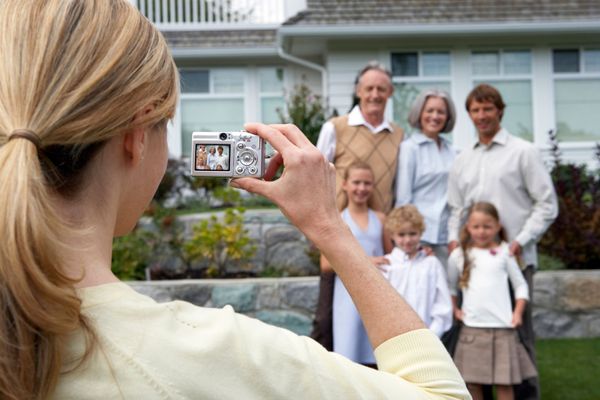
In the past twenty years, most of the major technological breakthroughs in consumer electronics have really been part of one larger breakthrough. When you get down to it, CDs, DVDs, HDTV, MP3s and DVRs are all built around the same basic process: converting conventional analog information (represented by a fluctuating wave) into digital information (represented by ones and zeros, or bits). This fundamental shift in technology totally changed how we handle visual and audio information -- it completely redefined what is possible.
The digital camera is one of the most remarkable instances of this shift because it is so truly different from its predecessor. Conventional cameras depend entirely on chemical and mechanical processes -- you don't even need electricity to operate them. On the other hand, all digital cameras have a built-in computer, and all of them record images electronically.
Advertisement
The new approach has been enormously successful. Since film still provides better picture quality, digital cameras have not completely replaced conventional cameras. But, as digital imaging technology has improved, digital cameras have rapidly become more popular.
In this article, we'll find out exactly what's going on inside these amazing digital-age devices.

